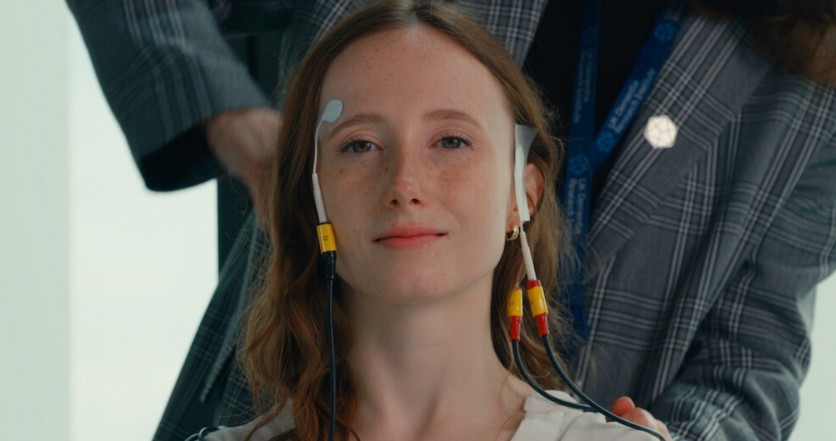A novel form of deep brain stimulation offers a potential non-surgical avenue for treating dementia, heralding a promising development in the field of neurology.
Scientists at Imperial College London have spearheaded the creation and assessment of this non-invasive technique, known as temporal interference (TI), which delivers electrical fields to the brain via electrodes placed on the patient's scalp and head.
By targeting the intersection of electrical fields, researchers stimulated the hippocampus, a deep-seated region of the brain crucial for memory, without affecting surrounding areas.

Brain Simulation Offers Potential Dementia Treatment
In a pioneering trial, the UK Dementia Research Institute (UK DRI) at Imperial and the University of Surrey enlisted 20 healthy volunteers. Their preliminary findings indicate that engaging in a memory task while receiving TI stimulation led to improved memory function in these individuals.
Encouraged by these initial outcomes, the research team is embarking on a clinical trial involving individuals with early-stage Alzheimer's disease. In this stage, TI holds the potential to alleviate symptoms of memory loss, providing a glimmer of hope for those affected.
Dr. Nir Grossman, leading the study from the Department of Brain Sciences at Imperial College London, underscores the significance of this breakthrough, saying: "With our new technique we have shown for the first time, that it is possible to remotely stimulate specific regions deep within the human brain without the need for surgery. "
Temporal interference, first introduced by the Imperial College London team in 2017, demonstrated promise in mice. The current research advances this progress by showcasing the effectiveness of TI in stimulating deep brain regions in humans.
This achievement bears significant implications, enabling scientists to explore further the functional roles of various deep brain regions and expediting the discovery of potential therapeutic targets. Researchers initially validated the capacity to focus electric fields on the hippocampus.
Subsequently, they applied TI stimulation to healthy volunteers engaged in memorization tasks closely tied to hippocampal function. Functional magnetic resonance imaging (fMRI) demonstrated that TI selectively influenced hippocampal activity linked to the memory task.
Furthermore, when the procedure was extended to 30 minutes, TI stimulation during the task led to heightened memory accuracy. This could mark a significant stride towards understanding and potentially treating conditions related to memory impairment.
Read Also : Scientists Create Virtual Marmite, Vegemite for Taste Test That Could Help With Early Alzheimer's Diagnosis
Transformative Potential
Dr. Ines Violante from the University of Surrey and Honorary Research Fellow at Imperial, emphasized the transformative potential of this non-invasive approach, stating, "The ability to selectively target deep brain areas using a non-invasive approach is very exciting as it provides a tool to investigate how the human brain operates and opens possibilities for clinical applications."
Grossman expressed optimism that this innovation could democratize access to deep brain stimulation therapies by substantially reducing cost and risk.
Investigations and tests are ongoing to determine whether repeated treatment over several days could benefit those in the early stages of Alzheimer's, potentially restoring normal brain activity in affected areas and ameliorating symptoms of memory impairment.
The findings of the team were published in Nature Neuroscience.
Related Article : Renowned Molecular Biologist Justin Yerbury Passes Away After Inspirational Battle with Motor Neurone Disease

ⓒ 2026 TECHTIMES.com All rights reserved. Do not reproduce without permission.




